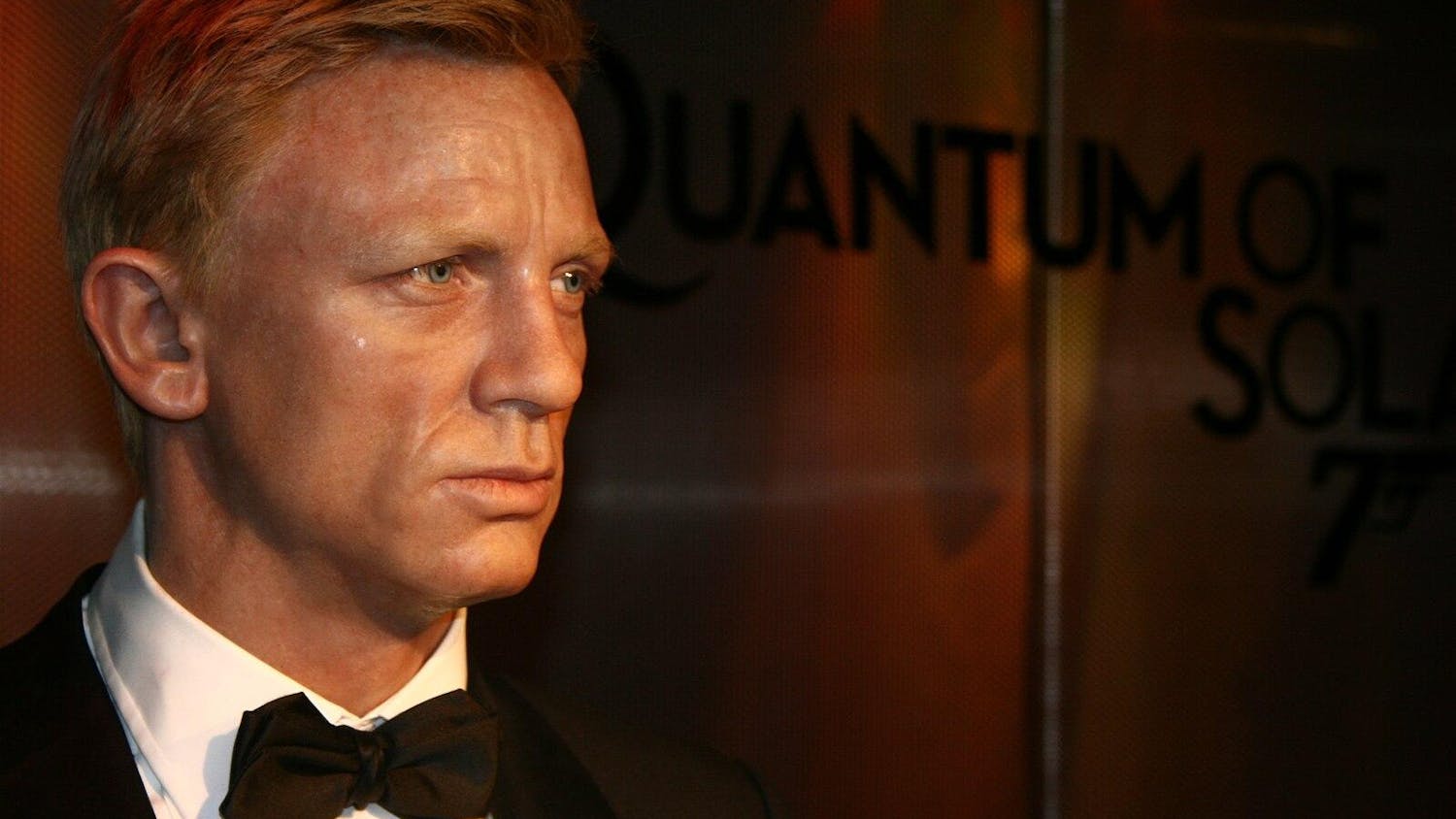It's nearly impossible to accept the idea that people live like the characters in "Precious" do, and even harder to do so knowing that they're just a subway ride away from the bright lights of Times Square and Neiman Marcus.
Based on the novel "Push" by Sapphire, director Lee Daniels' movie "Precious" paints a violent, overwhelming and compelling image of poverty and abuse in 1987 Harlem, ultimately teasing a thread of hope from the darkness marking the narrative.
At 16 years old, black ninth-grader Clareece Precious Jones (Gabourey Sidibe) is illiterate. She's been abused by her despotic mother (Mo'Nique) and impregnated twice by her father. When she is threatened with expulsion from school, Precious senses that the opportunity to attend the alternative school Each One/Teach One is her last option, and goes to find out what this type of "alternative" means.
The risky casting choices of stand-up comedian Mo'Nique as Precious' mother and pop star Mariah Carey as a social worker pay off, and prove to be highlights of an already good movie. Mo'Nique delivers an astounding performance while portraying Mary Jones, a horrifying character who regularly beats and molests her daughter. And Carey puts forth her best acting to date as Mrs. Weiss; she is unrecognizable in her first moments on screen. Daniels reportedly offered her the role pending her agreement to arrive on set without her entourage, limo or any makeup.
As a relief to the unrelenting tragedy of the subject matter, the film has fantasy sequences depicting Precious' dreams of having a light-skinned boyfriend and a movie-star life. Giving viewers a chance to breathe, they supplement comedic moments that pepper the rest of the film. By making the audience laugh (or rather allowing them the opportunity to), "Precious" emphasizes its human element — the scenes and characters we can relate to in this unimaginable poverty-driven hell.
As the film's title character, newcomer actress Sidibe portrays Precious with a veracity, strength and power that are impossible to ignore. Her ungainly appearance, which might at first be distracting, eventually melts into the background as her character's humanity, intelligence and sense of self become apparent. The viewer finds herself relating more and more to this overweight, seemingly impassive teenager, whose mental life is nowhere near as dreary as her reality.
The film has elicited some critical backlash, with people rejecting it for being "poverty porn" or for creating a negative image of the black community — more specifically, of black women. Such reactions do not take into account the power of the movie's sympathetic characters. Ms. Rain, who devotes her life to teaching children who would otherwise fall through the cracks in society, provides a foil to the monster that is Precious' mother.
In the culminating scene between mother and daughter, the mother's own story gets told, and forces the viewer to rethink a categorical dismissal of this horrid woman. Examining the mother's actions in context of the society that produced her forces deeper examination of a twisted social system — one in which a girl can be impregnated twice by her own father and reach the ninth grade without learning to read. Viewers can hate the mother, but they can't trivialize the forces that shaped her.
Though the movie skips portions of the narrative from "Push" out of necessity, Daniels does an admirable job of conveying the novel's essential qualities. That being said, the level of depth and development woven into the book gets lost in translation. While Sapphire's story tells a ruthlessly dark narrative that ends abruptly, the movie is not so pessimistic. In fact, the ending may be a little too saccharine in light of the series of events Precious undergoes and has yet to face. The film seems to want to lull the viewer into a false sense of comfort and hope.
Despite this, "Precious" exposes viewers to a world of which most were probably never conscious. The movie shows that even at rock bottom, a way out always exists; seeking it only requires will and courage.





